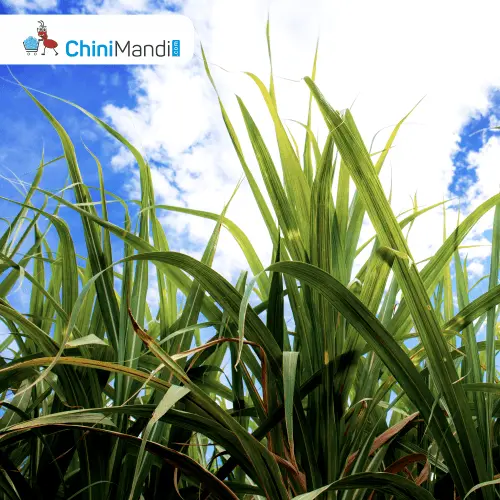Belagavi, Karnataka: Fourteen taluks in the Belagavi district have been officially declared drought-hit by the state government. Insufficient rainfall has resulted in only 38% of sowing being completed in Belagavi, posing a potential threat to fodder supplies for cattle, particularly during the upcoming summer months, reported The Times of India.
The rain deficit during the monsoon season has reduced soil moisture. Coupled with a surge in temperatures, areas that were lush green a few days ago now appear dry and barren. Shivanagouda Patil, the joint director of the agriculture department, reported that only 38% of sowing has been accomplished during the Rabi season. While fresh sowing is hindered by the rain deficit, the crops already planted are expected to recover.
While some farmers have amassed enough fodder for their cattle, those relying on their farmland, such as dairy farmers and shepherds, are encountering fodder shortages. Green fodder available in regions adjoining sugarcane fields in areas like Athani, Chikodi, Raibag, Hukkeri, Gokak, Belagavi, Kittur, and Khanapur is a cause for concern among farmers, who fear it may not last beyond the sugarcane harvest.
Dr. HK Yaragatti, the chief medical officer of Veterinary Hospital, Belagavi, noted that the district accommodates over 29 lakh cattle, including 14 lakh large cattle and 14.6 lakh small cattle. Presently, the district has 16.6 lakh metric tons of fodder available for the cattle population, which equates to approximately 25 weeks of supply based on the weekly requirement of about 67,000 tons. However, a potential shortage looms beyond March.
In anticipation of the challenge, a proposal for 17,000 fodder kits has been submitted to the government, with 4,000 kits already distributed. Distribution is limited to farmers with livestock. While there is no immediate shortage expected until March, 72 fodder banks will be established as a precautionary measure. If fodder banks prove insufficient, cowsheds will be opened to address the impending shortage, according to Dr. Yaragatti.












